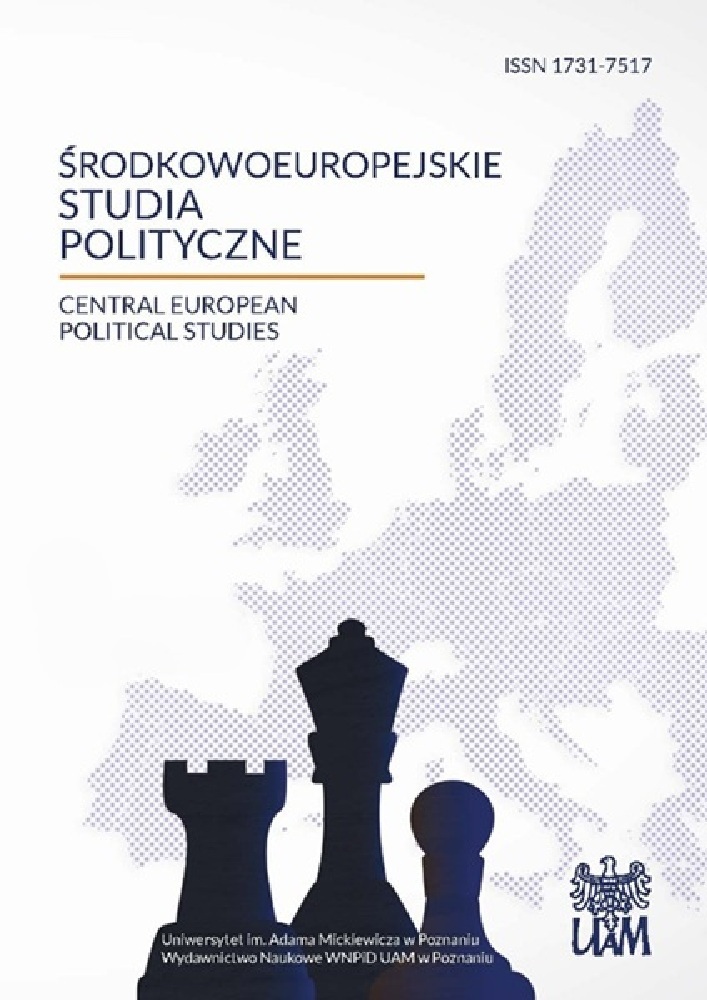Abstract
The objective of scientific forecasting is to present the most probable course of an analyzed phenomenon, taking into account the direction and dynamics of its development. In the course of making forecasts one endeavors to determine the conditions providing for the evolution of this phenomenon. Twenty-something years of an independent Ukraine is decidedly too short a period to facilitate responsible hypothesizing on the development of internal and external situation of this country, but some suppositions are justified. On account of the limitations of this paper the author analyzes only selected events from the recent history of Ukraine. The analysis does not answer the question of whether the recurring crises in Ukraine result primarily from phenomena that cyclically occur in a democracy (i.e. elections), and are simply inherent in it or not. Alternatively, when the chronic nature of a crisis (not: crises) is assumed, it may be concluded that as Ukraine emerges ‘unscathed’ from each stage of the crisis it evolves towards a new, more advanced phase, in consistence with Kondratiev’s theories of economic and political cycles.License
Copyright
© 2012, Uniwersytet im. Adama Mickiewicza w Poznaniu, Wydawnictwo Naukowe Instytutu Nauk Politycznych i Dziennikarstwa
OPEN ACCESS
